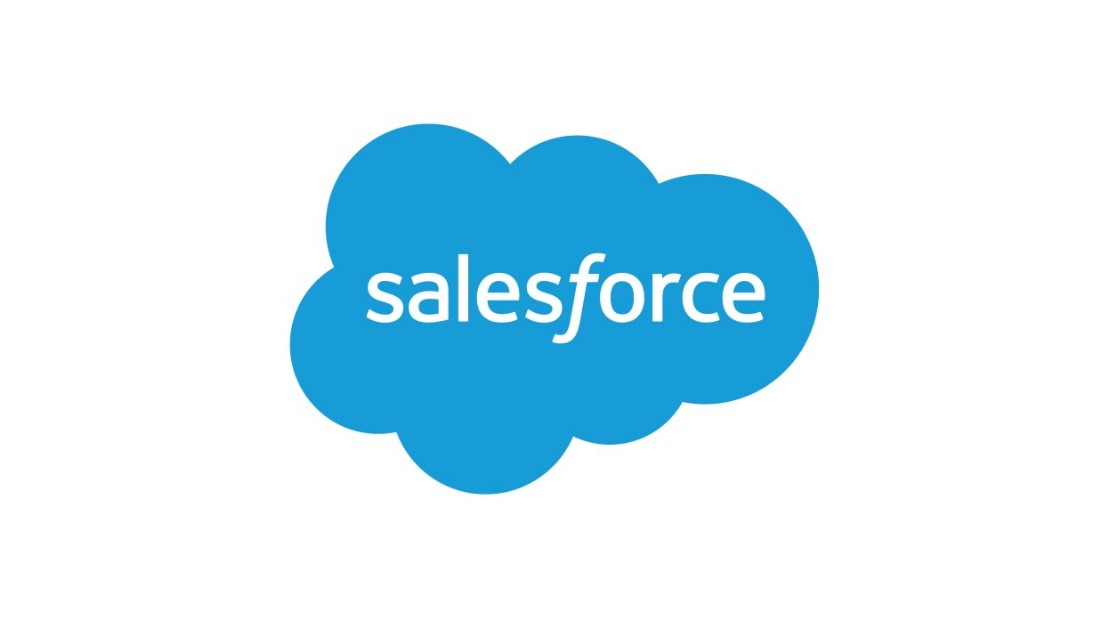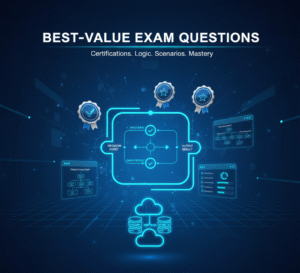
Salesforce Development is entering its most transformative phase yet, driven by rapid advancements in AI, low-code platforms, and hyper-automation. As we look toward 2025 and beyond, the landscape of Salesforce Development is poised to evolve from traditional coding to intelligent, AI-driven creation that will redefine how businesses build and customize their CRM ecosystems. The future promises not just incremental improvements but fundamental shifts in how developers, admins, and businesses leverage the Salesforce platform to drive innovation and growth.
In this comprehensive exploration, we’ll uncover the key predictions shaping the next generation of Salesforce Development and what they mean for your organization’s digital transformation journey.
1. AI-First Development: The Rise of Einstein Developers
The Shift from Code-Centric to AI-Assisted Development
-
Natural Language Programming: Developers will describe functionality in plain English, and AI will generate the underlying code
-
Automated Debugging: Einstein for Code will identify and fix errors in real-time, reducing debugging time by up to 70%
-
Predictive Optimization: AI will suggest performance improvements before deployment
Impact: Development teams will achieve 40% faster project completion while maintaining higher code quality standards.
2. The No-Code Revolution Goes Enterprise-Grade
Democratizing Development at Scale
-
Visual Development Environments: Drag-and-drop interfaces will handle complex business logic
-
AI-Powered Component Libraries: Smart suggestions for Lightning Web Components based on use case
-
Enterprise Governance: Built-in compliance and security controls for citizen developers
Case Study: A Fortune 500 company reduced its dependency on specialized developers by 60% while increasing app delivery speed by 3x.
3. Hyper-Automation: Beyond Basic Workflows
Intelligent Process Automation
-
Self-Learning Workflows: Automations that adapt based on user behavior and outcomes
-
Predictive Routing: AI-driven case and lead assignment based on likelihood of success
-
Automated Testing: Intelligent test case generation and execution
Prediction: By 2025, 80% of routine Salesforce configurations will be automated, freeing developers for strategic innovation.
4. Blockchain-Integrated CRM Ecosystems
Secure, Transparent Data Management
-
Smart Contracts for Agreements: Automated contract execution within Salesforce
-
Immutable Audit Trails: Tamper-proof records for compliance and governance
-
Decentralized Identity Management: Enhanced security for customer data
Application: Industries like healthcare and finance will lead adoption, reducing compliance costs by 35%.
5. Quantum-Ready Architecture
Preparing for Quantum Computing
-
Quantum-Safe Encryption: Protecting data against future quantum threats
-
Advanced Analytics: Solving complex optimization problems in real-time
-
Hybrid Quantum-Classical Workflows: Leveraging quantum advantages for specific use cases
Forward-Looking: Early adopters will gain significant competitive advantages in data analysis and security.
6. Embedded AI Ethics and Governance
Responsible AI Development
-
Bias Detection: Automated tools to identify and mitigate algorithmic bias
-
Transparency Frameworks: Explainable AI for regulatory compliance
-
Ethical AI Guidelines: Built-in governance for AI-powered features
Importance: Organizations prioritizing ethical AI will see higher customer trust and adoption rates.
7. Unified Development Experience
Seamless Cross-Platform Integration
-
Single Development Environment: Unified interface for all Salesforce clouds
-
Intelligent API Management: AI-assisted integration patterns
-
Low-Code/Pro-Code Harmony: Smooth collaboration between different developer personas
Benefit: Reduced learning curves and 30% faster integration projects.
Implementation Roadmap: Preparing for 2025
Phase 1: Skill Development (2024)
-
Train teams on AI-assisted development tools
-
Experiment with low-code automation
-
Develop quantum literacy among architects
Phase 2: Strategic Piloting (2024-2025)
-
Implement AI-powered development in test environments
-
Pilot blockchain use cases for specific business processes
-
Establish AI ethics frameworks
Phase 3: Enterprise Scaling (2025+)
-
Full adoption of AI-first development practices
-
Integration of quantum-ready security measures
-
Continuous optimization of development processes
Why These Changes Matter for Your Business
Organizations that embrace these Salesforce Development trends will benefit from:
✅ Faster Time-to-Market: Reduced development cycles by 50-60%
✅ Lower Costs: Decreased reliance on specialized resources
✅ Enhanced Innovation: Ability to rapidly prototype and test new ideas
✅ Future-Proof Operations: Preparedness for emerging technologies
The Bottom Line: The future of Salesforce Development isn’t just about writing better code—it’s about creating smarter, more adaptive business solutions that drive real value.
Getting Started Today
-
Assess Your Current Maturity: Evaluate your team’s readiness for AI and automation
-
Invest in Training: Upskill developers on emerging technologies
-
Start Small: Pilot AI-assisted development on non-critical projects
-
Partner Strategically: Work with Salesforce experts who understand these trends


